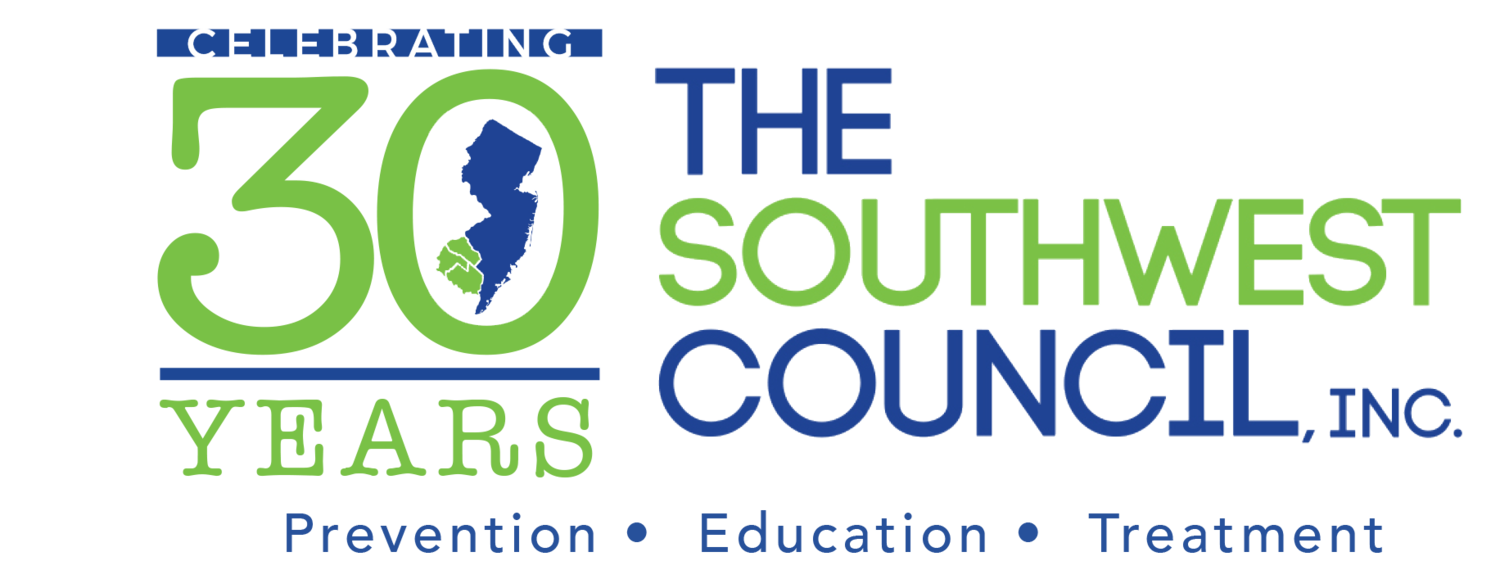by: Adrienne Davis
One of the most alluring aspects of diversity is that we embrace and celebrate our differences rather than enabling the notion that we are all the same. We can commemorate different cultures, religions, traditions, and values while still treating others as equals. However, in some cases we should strive for equity rather than equality. Equality is the concept that we are all the same whereas equity is a concept that comprehends our differences and provides us with the tools needed to have equal opportunities for success. As human beings we are all equals. However, when it comes to issues such as health and substance abuse, there are disparities in how different cultures are affected. The African American and Black community is disproportionately affected when it comes to substance abuse.
As it relates to health disparities, the African American/Black community is at a disadvantage. Our community is more likely than non-Black counterparts to have higher rates of obesity, heart disease, diabetes, cancer, and mental health concerns. While each of these are serious and life-threatening issues, substance use disorder is a disease that requires more than mild vigilance. Black and African Americans make up, approximately, 13.2% of the U.S. population. A study completed by the National Survey on Drug Use and Health showed that 2.2 million African Americans were suffering from substance use disorder (SUD). 1.1 million, or 3.6%, of the community reported that their Substance Use Disorder was co-occurring with a mental illness. “In 2017, non-Hispanic Blacks had the highest percentages of opioid-related overdose deaths and total drug deaths attributed to synthetic opioids when compared to other race/ethnicities and the national population.” (SAMHSA 2020) Despite non-Hispanic whites experiencing higher rates of overdose for substances such as opioids, Black and African American individuals are experiencing a higher rate of change. These alarming statistics illustrate that despite making up a smaller percentage of the overall U.S. population, the Black community is over-represented when it comes to substance use.
This is where equity is going to play a major role. Recognizing that there is a difference in how the problem is allocated throughout the population should indicate that we may need different approaches as it pertains to strategy and treatment. There have been immense and significant strides in the prevention and treatment of substance abuse. The Substance Abuse and Mental Health Services Administration (SAMHSA) has a Strategic Prevention Framework dedicated to addressing substance abuse issues. The steps include assessing the needs of a community, understanding the capacity of resources at your disposal, planning strategies, implementation of an action plan, and evaluation of the outcomes. One of the key principles to this framework is cultural competency. Understanding the needs, values, and underlying causes of health disparities within the Black/African-American community is essential in beginning to address the discrepancy as it relates to substance abuse. The underlying causes of health disparities can vary from lack of economic resources, limited access to health care, delayed treatment, limited access to treatment, cultural barriers, or environmental concerns. Appropriately tailoring strategies of prevention and treatment to the needs of the Black/African-American community being affected by substance abuse is vital for incremental change to occur.
The way we approach communities of color and substance abuse needs to be an ongoing conversation. Building trust, focusing on harm reduction, developing culturally relevant resources, and offering cultural alternatives to mainstream substance use disorder services are among a few of the opportunities to bridge the gap of service. Agencies such as the Southwest Council, Inc. implement coalition work, prevention, and treatment services to a multitude of cultures in this unending quest for solutions. https://www.southwestcouncil.org/ 856-794-1011
References
https://www.ahrq.gov/sites/default/files/wysiwyg/research/findings/nhqrdr/dataspotlight-opioid.pdf
Substance Abuse and Mental Health Services Administration: The Opioid Crisis and the Black/African American Population: An Urgent Issue. Publication No. PEP20-05-02-001. Office of Behavioral Health Equity. Substance Abuse and Mental Health Services Administration, 2020.





